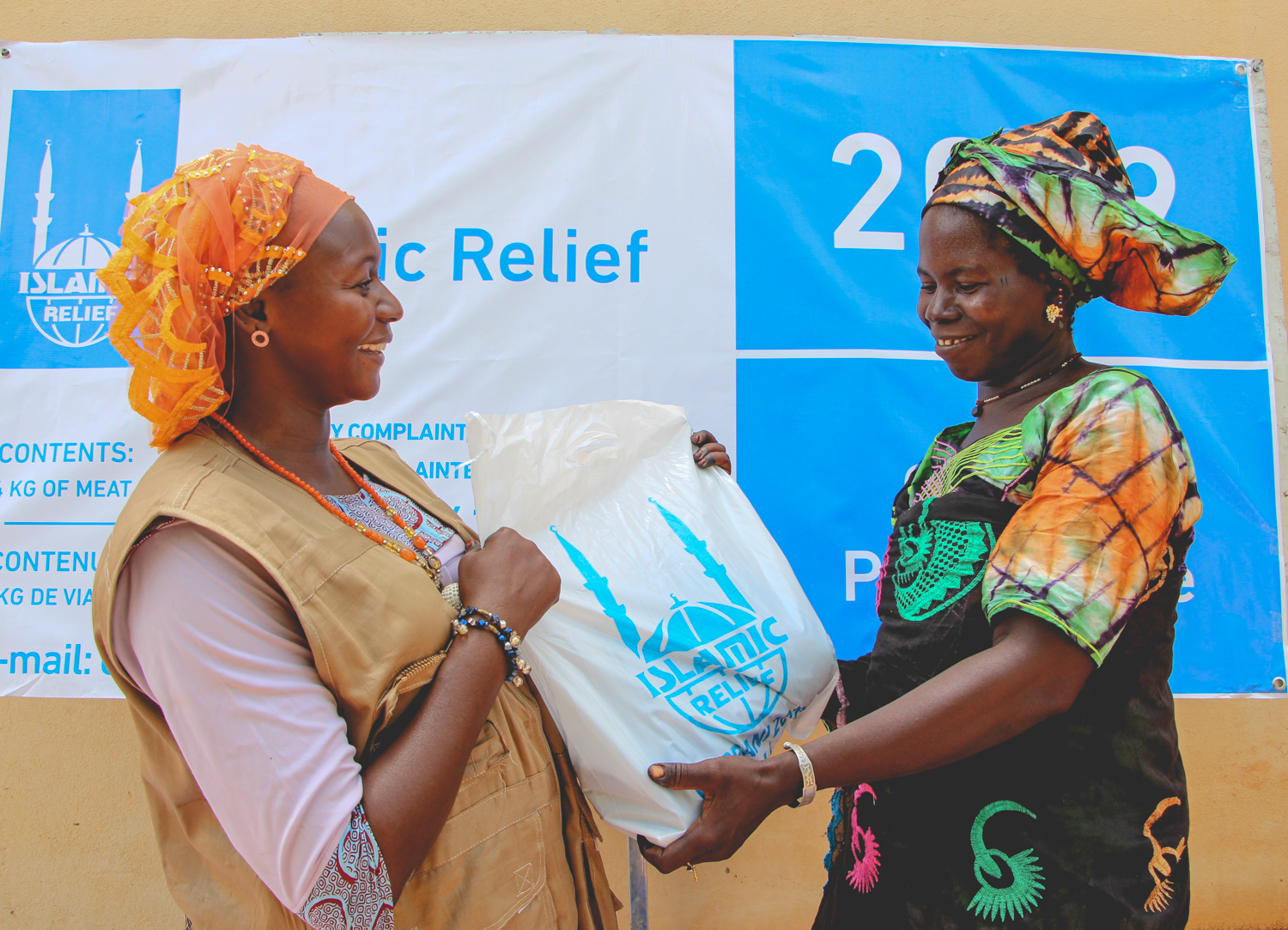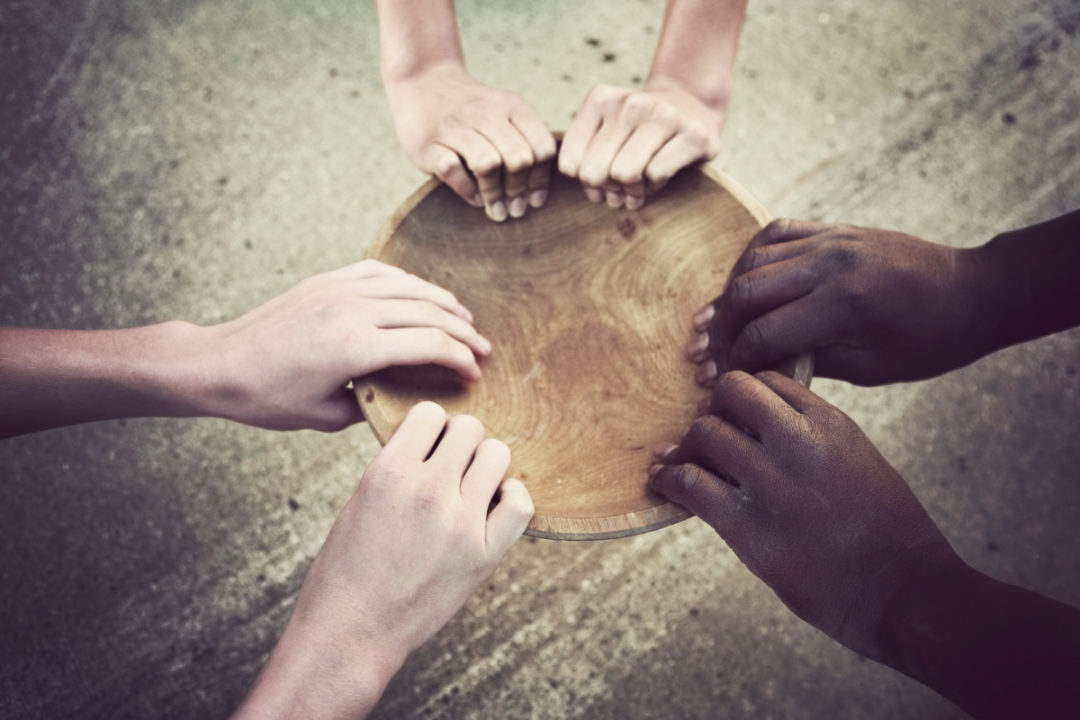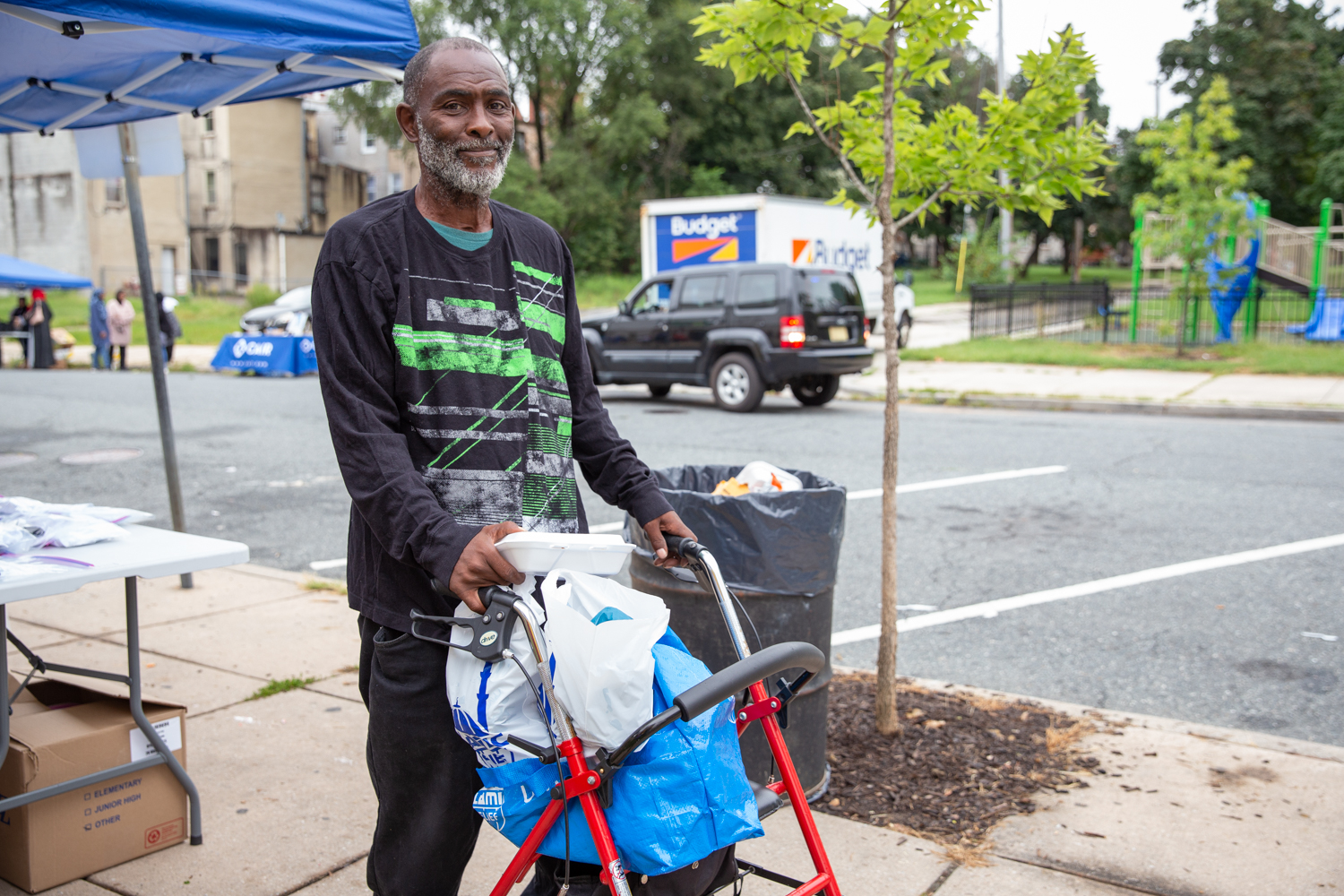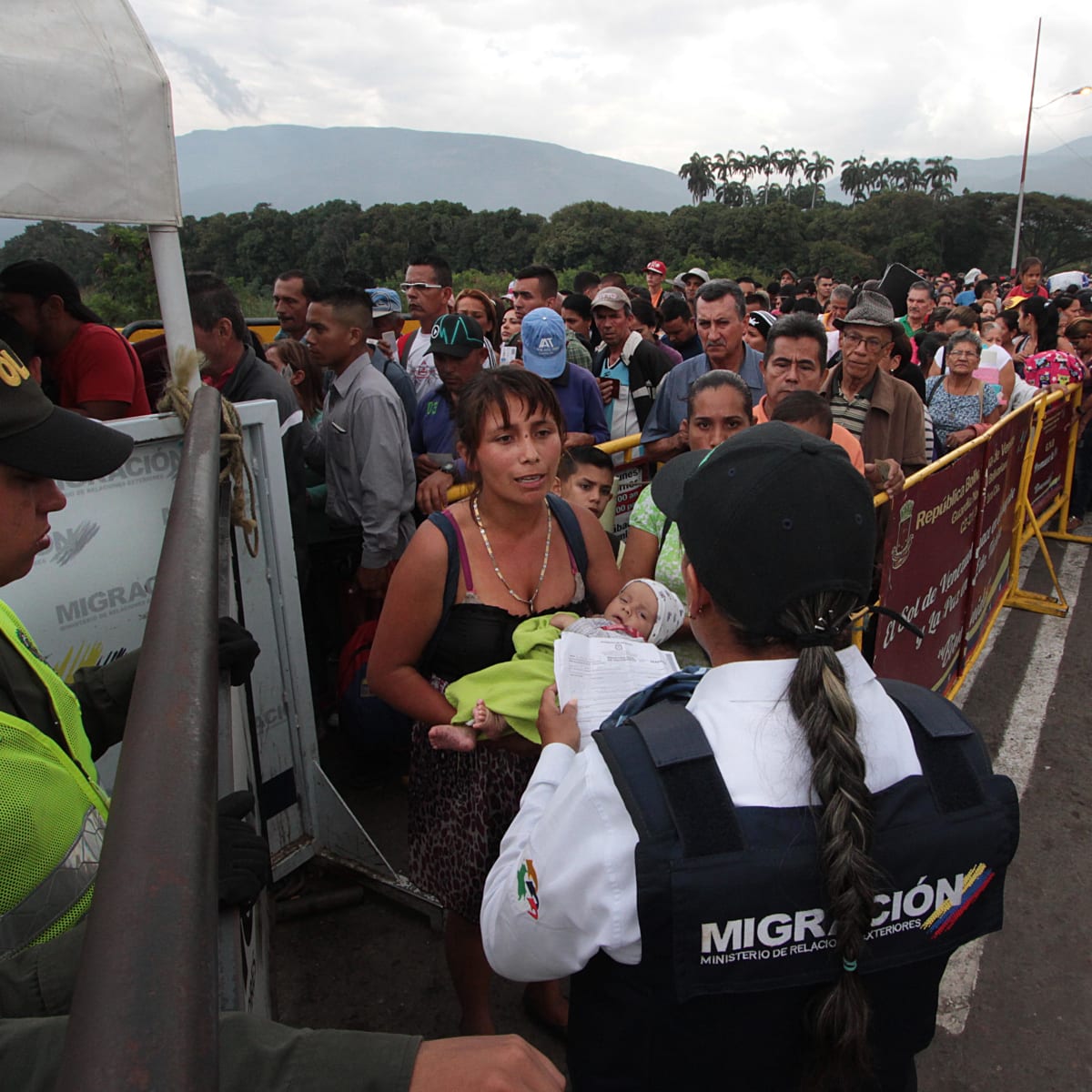
Venezuela in Crosshairs of Devastation
Public affairs reps attend forum for assessment of current crisis
By Allison Brown, Intern in Communications and Public Affairs

In conflicts of the past, Venezuela housed thousands of refugees fleeing throughout Latin America, providing a source of stability to neighboring countries during their periods of crisis. Due to recent political instability, Venezuela has experienced an 8,000% increase of Venezuelans seeking formal refugee status with an estimated population of 5.4 million fleeing to the neighboring countries of Columbia, Brazil, and Guyana.
Reflecting upon this year’s World Refugee Day, refugees and internally displaced peoples of the Middle East and Northern Africa still remain large in Islamic Relief’s aid and thoughts, but an increase in attention has been conveyed to Venezuela. The Latin American crisis was labeled as “the world’s biggest recent displacement crisis” by the United Nations Human Rights Campaign, second only to the ongoing exodus in Syria.

Although Venezuelans have found refuge in neighboring countries, they remain without any formal permission or the necessary documentation to ensure their safety, leaving these populations unprotected against trafficking, violence, and other threats.
With these pressing concerns in mind, in advance of World Refugee Day, the Berkeley Center for Religion, Peace, & World Affairs at Georgetown met to discuss the role of faith based organizations active in Venezuela. The panel, “Local Faith Communities Respond to Venezuelan Displacement in Latin America and the Caribbean” featured various guests including Islamic Relief’s own director of public affairs and lead for the IF20 Refugees Working Group, Christina Tobias-Nahi.
During the panel, Diego Beltrand of the International Organization for Migration (IOM)
the director general’s special envoy for Venezuela noted the essential work fulfilled by religious groups in the growing crisis and their ability to provide aid in a timely manner unrivaled by other organizations stating, “The role of religious organizations will continue to be fundamental.”
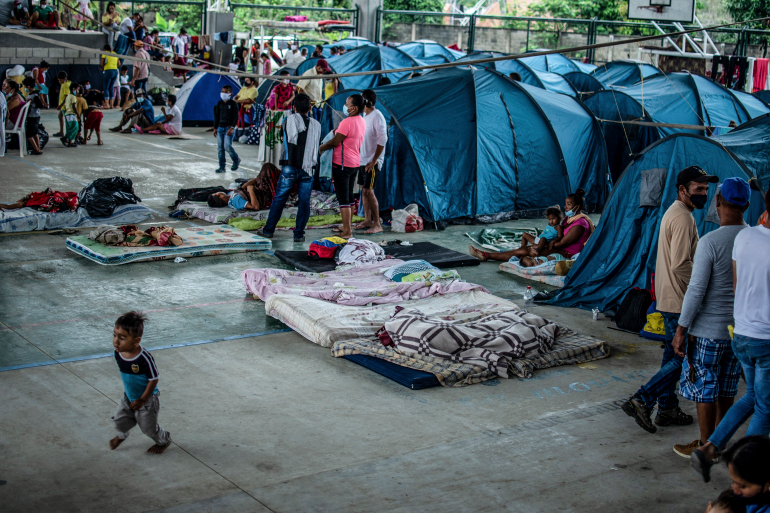
An interfaith coalition partner, World Vision, works in Brazil with more than 300,000 Venezuelan refugees and migrants to sustain livelihoods through interactive community outreach education programs, Portuguese language education, and employment placements. Islamic Relief USA has distributed meal packs through food banks reaching approximately 5,000 people a day to Venezuelan refugees entering Cúcuta, Columbia.
But still, the aid we and our coalition partners contribute has yet to reach the level of need experienced by refugees and internally displaced Venezuelans, only exacerbated by COVID-19.
Islamic Relief’s works in Latin America through numerous strategic partnerships on the ground and advocacy in Washington DC for governmental aid. This avenue to engage with the region and grant crucial aid to refugees fits with Islamic Relief’s broader goals of poverty eradication and food security, while providing relief and development in a dignified manner. Moving forward, ensuring refugees and internally displaced individuals receive direct aid and assistance from faith based organizations is crucial.
In Venezuela, Islamic Relief, as Christina Tobias-Nahi emphasized in the panel, continues to “bring voices to those who don’t have them right now, and amplify the voices of those who do” as the nation’s crisis continues and the need for coordinated, faith based humanitarian response grows.

